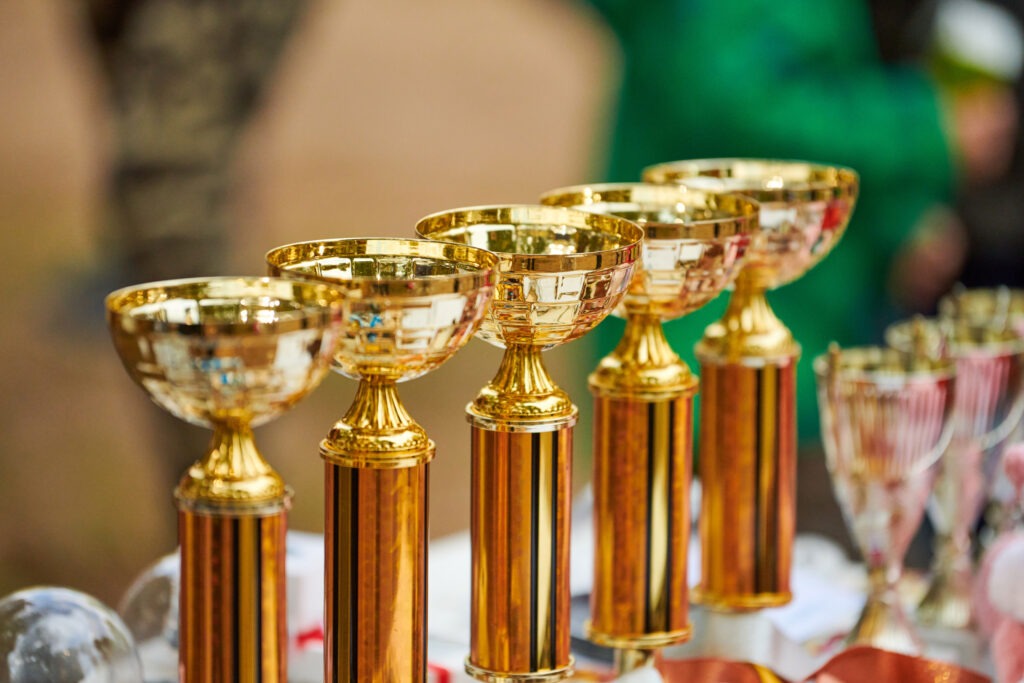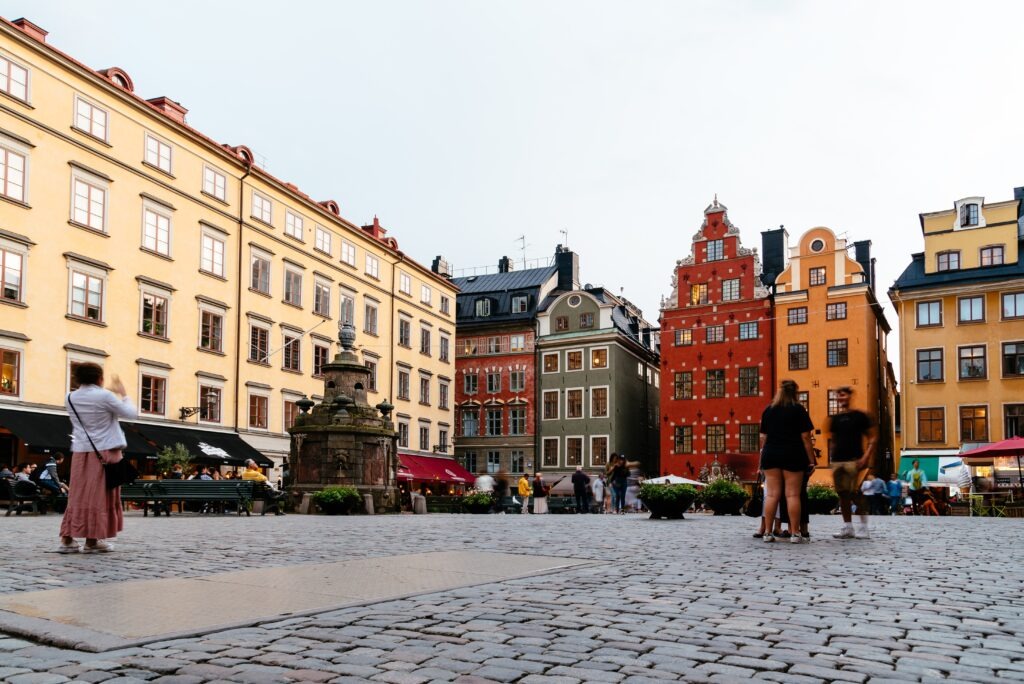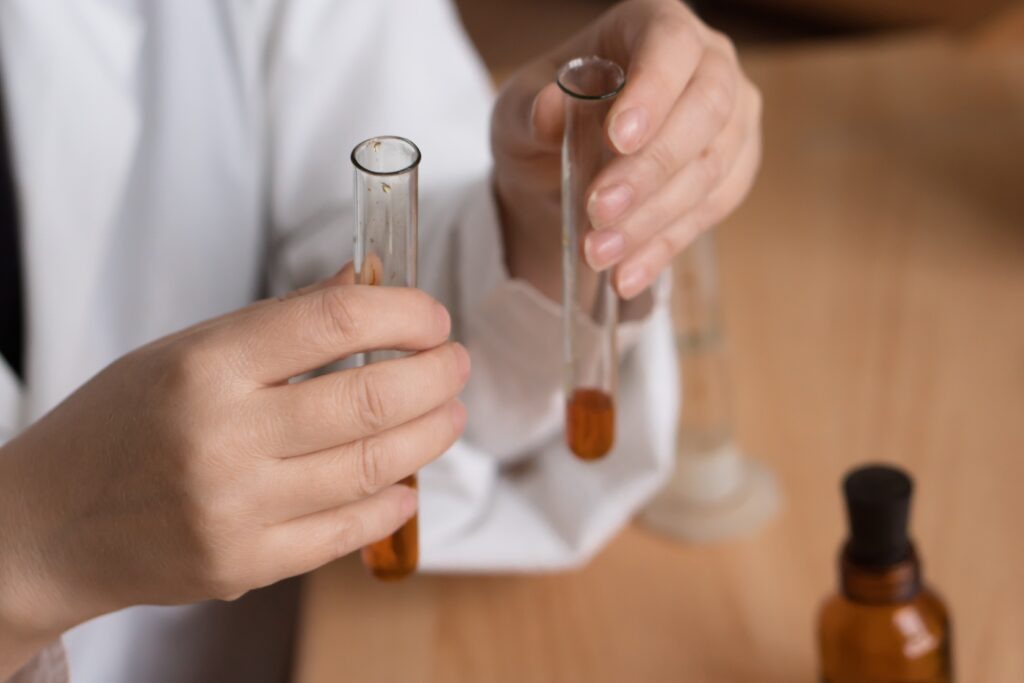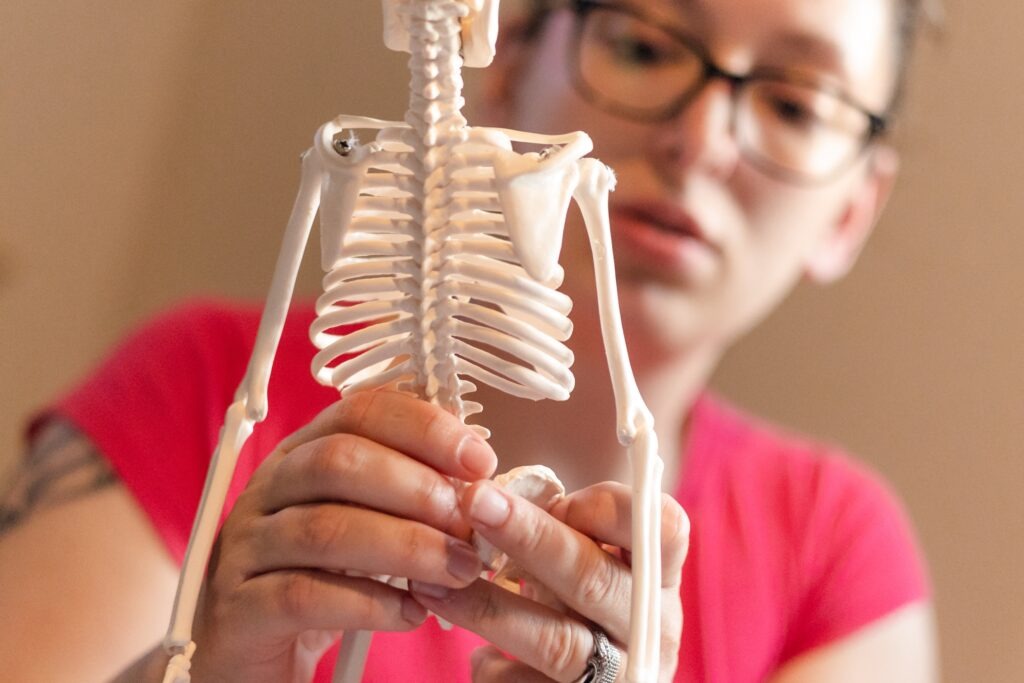Honors and Awards
one of the most prestigious colleges in the country. Its alumni, faculty and trustees have won numerous Nobel Prizes and other awards, including several recipients of the MacArthur Foundation “Genius Grant,” Pulitzer Prizes, Guggenheim Fellowships and Fulbright Scholarships.


Nobel Prize
The Nobel Prize is the most prestigious award given to an individual who has made an outstanding contribution in one of the following areas: physics, chemistry, physiology or medicine, literature and peace. The prize was established by Alfred Nobel in 1895.The awards ceremony is held on December 10 annually in Stockholm (Sweden) and Oslo (Norway). To be awarded a Nobel Prize, one must have made a remarkable contribution in the following fields: physics, chemistry, physiology or medicine, and literature.
Chemistry
John C. Polanyi was awarded the 1986 Nobel Prize in Chemistry for his work on the dynamics of chemical elementary processes.
Robert Woodward was awarded the 1965 Nobel Prize in Chemistry for his work on the structure of organic molecules.
Hermann Emil Fischer was awarded the 1902 Nobel Prize in Chemistry for his work on sugar and purine syntheses; Jacobus Henricus van ‘t Hoff was awarded a second one just five years later for contributions to chemical thermodynamics and osmotic pressure in solutions (he also came up with this clever way to remember who won which year: “a-Fischer-bought-cucumbers”).


Economics
Have you heard that the economics department at Princeton University is regarded as the top-ranked by the Financial Times? Notable alums from this department include Paul Krugman, who won the Nobel Prize in Economics in 2008. It’s important to mention that the department has been ranked number one by the U.S. News & World Report for 15 consecutive years. Furthermore, Forbes has recognized Princeton as the Best Value College in America since 2014 and has consistently ranked it as the top national University every year.
Literature
The Nobel Prize in Literature, Peace and Physiology or Medicine. The other prizes are the Nobel Prizes in Chemistry, Economics and Physics.


Peace
The University has produced 18 Nobel Peace Prize winners, more than any other university worldwide.
Physiology or Medicine
Robert F. Furchgott, MD, ’85 (Nobel Prize in Physiology or Medicine)
Joseph L. Goldstein, PhD ’68 (Nobel Prize in Physiology or Medicine)
Michael S. Brown, MD ’69 (Nobel Prize in Physiology or Medicine)
David J. Anderson, PhD ’86 and Judith A. Campisi PhD ’87(National Medal of Science)
Alums include Nobel Prize winners, Nobel Peace Prize winners, and several U.S. presidents.
The most recent graduates to receive the Nobel Prize in Physics were three former students at Princeton: Charles Townes (1958), Richard Feynman (1939) and Julian Schwinger (1940).

